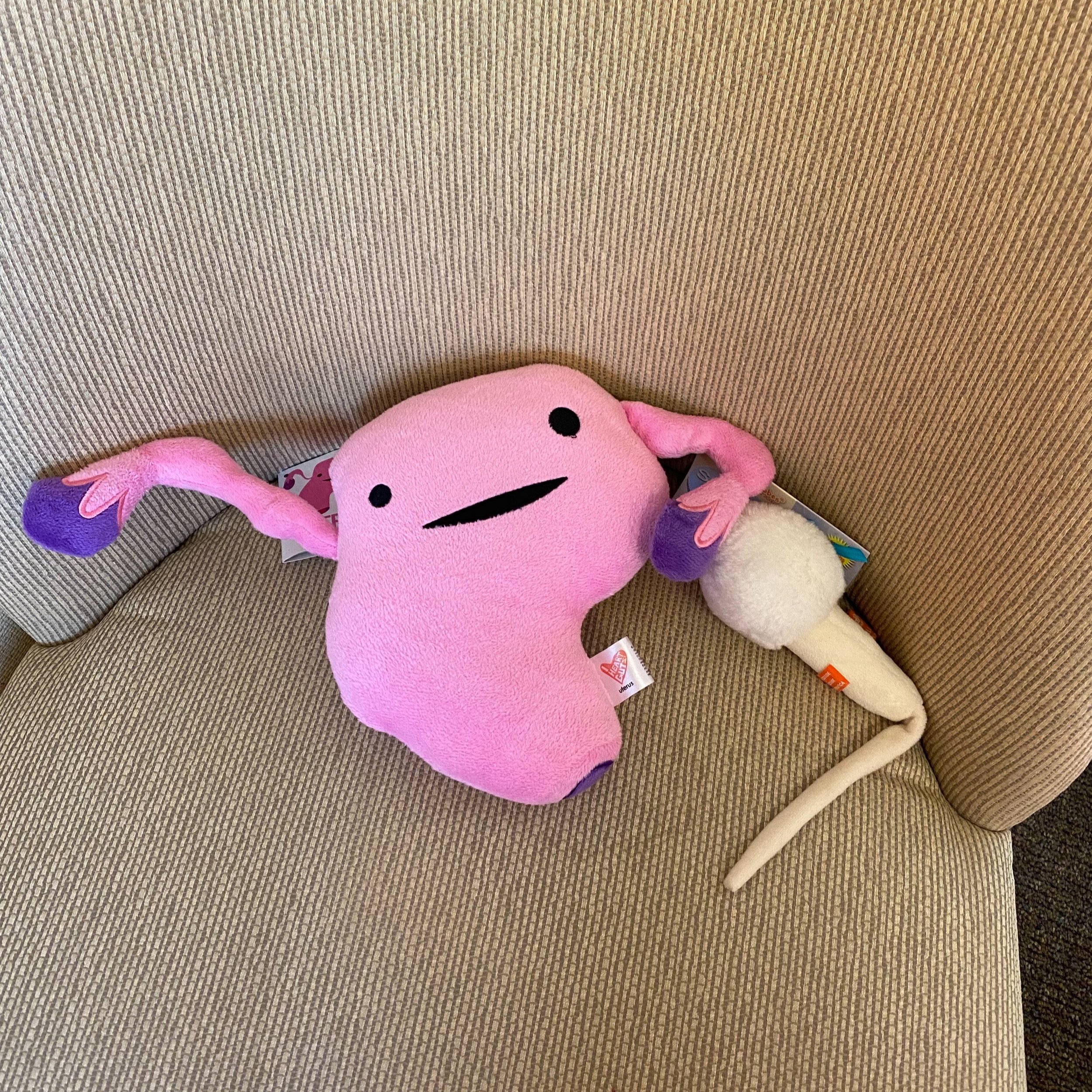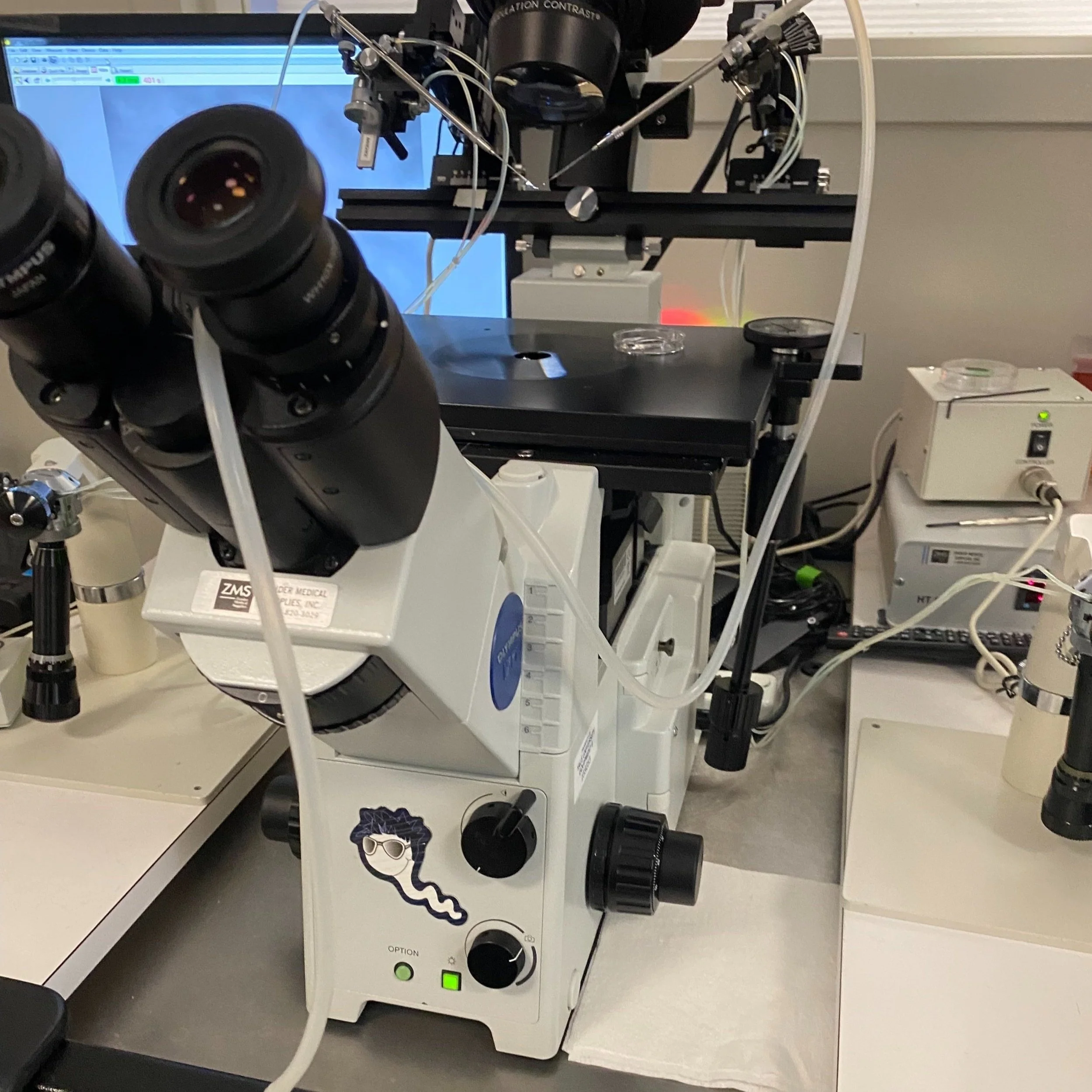
Research Program
Scroll ↓
I was mid-fieldwork when the Supreme Court released its decision in Dobbs v. Jackson Women’s Health Organization in June 2022. Shortly after, I published an essay in Somatosphere on the post-Roe politics of in vitro fertilization. Using a materialist framework, I consider how embryologists form affective and intimate relationships with the embryos they culture.
Read it here:





